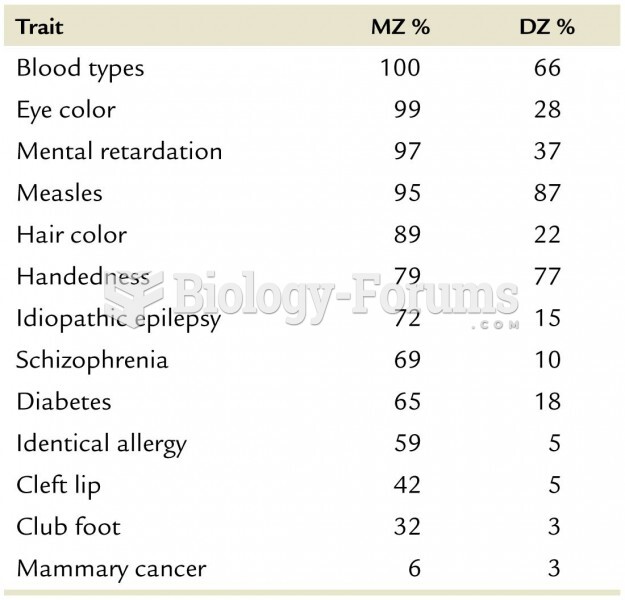Answer to Question 1
Answer:
A. Before WWI, radio was for a few hobbyists
1. Growth of radio saw need for regulations
2. regulations focused on limiting frequencies to keep military and emergency broadcasts clear
B. During the war all private broadcasts were terminated
1. University of Texas had a noncommercial station that broadcasted weather and crop reports
C. After WWI, commercial applications of radio understood
1. U.S. Department of Commerce issued licenses for broadcasters at assigned frequencies
2. military and government had own frequencies
D. Radio began to be seen as an important source of news and entertainment
1. Federal Communications Commission (FCC) formed by Congress to oversee radio
2. Dealy created WRR, first station in Texas
a. helped firemen and policemen communicate but also had jokes and music during downtime
3. first radio stations seen as more as a public service provided by the newspapers that started them
a. WFAA began reporting news, drama, music, sports
4. 1930s Golden Age of radio
a. radio listeners grew as newspapers declined
b. low cost
c. radio stations began to increase and specialize
d. popularity of radio during WWI provided news from the front and a distraction from the war
Answer to Question 2
Answer:
A. Early newspapers focused on Sam Houston
1. Highly partisan bias in Texas newspapers in the 19th century
a. Texas State Gazette was anti-Houston
b. Campaign Chronicle was pro-Houston
c. Galveston News, oldest surviving newspaper, was opposed to Houston's actions and was able to keep publishing through the Civil War
2. major force in Texas politics through early 1900s
B. Reconstruction saw partisan press
1. Divided over E. J. Davis
a. anti-Davis newspapers like Flake's Bulletin and the Austin Republican wrote negatively about Davis and his followers
b. Flake's Bulletin published a Declaration of Wrongs against the governor
c. Democratic press was even more harsh
d. Davis supporters like the State Journal
2. Only the Galveston News becoming less partisan and even-handed
C. Penny press also expressed political views
1. Houston Post was highly political
a. Hobby was a business and political reporter who became governor and ended up buying the paper
2. The Chronicle campaigned for or against elected officials and led a
fight to close bars on Sunday
a. instrumental in creation of Houston Ship Channel and the Port of Houston
3. 20th century saw papers back Democratic issues and candidates
a. not really partisan since Democrats has all the power
4. Newspapers took on other political issues
a. supporting pro-business; San Antonio Light (only Republican daily)
b. supporting women's suffrage; Chronicle
c. opposition of Ku Klux Klan; Galveston News
D. Partisanship leaving newspapers in the end of the 19th century
1. papers revenue coming in through advertisements
a. papers needed to protect circulation and not alienate readers by publishing biased and slanted views
2. larger news organizations producing unbiased news
a. Associated Press (AP) shared stories and one reporters story would appear in a variety of papers
b. emphasis on straight news since stories would appear in newspapers everywhere and readers could form their own conclusions
c. newspapers relied on editorials to present biased views







